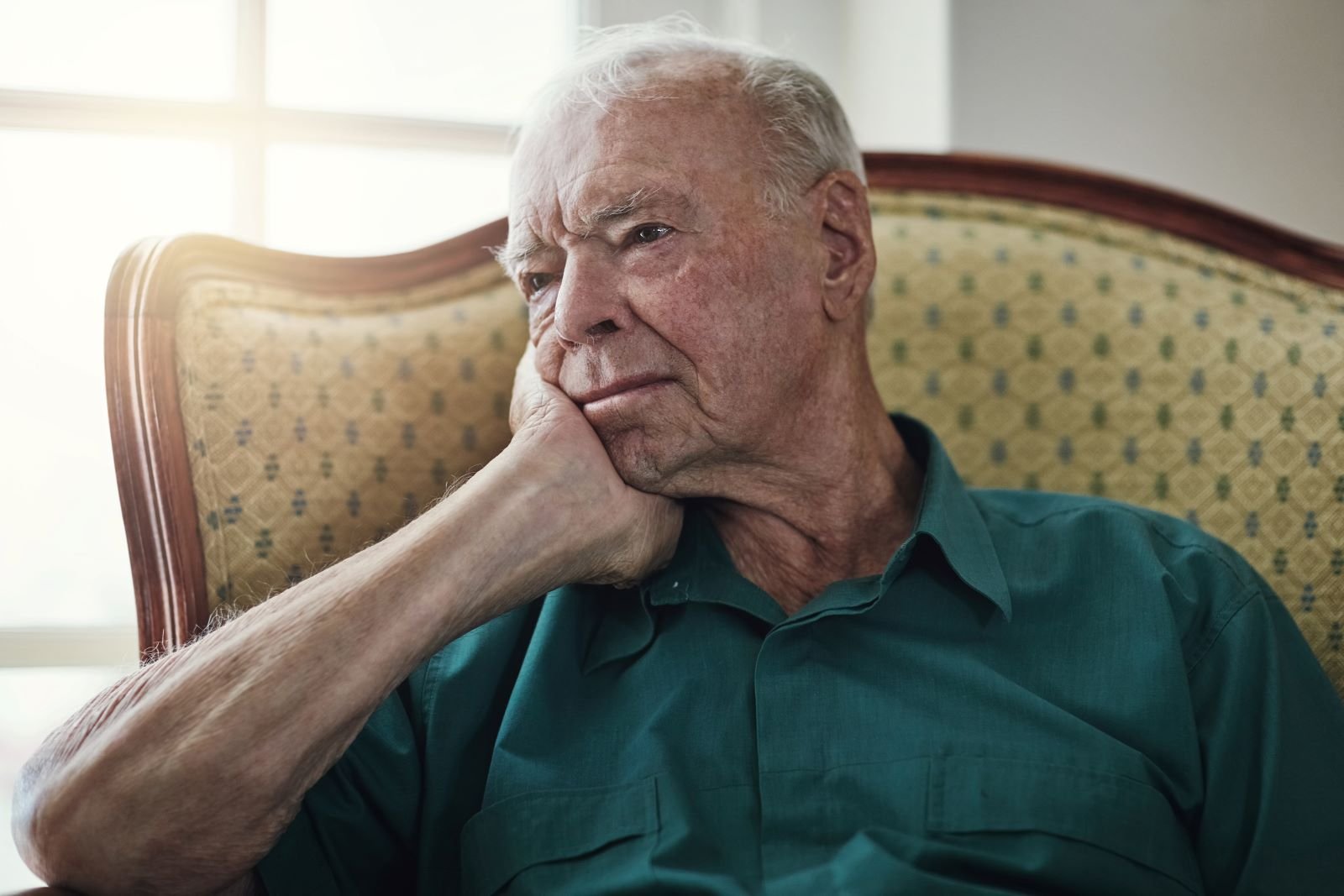From the halls of Congress to the battlefields abroad, Americans revere their veterans. But the promise of care and support after service hasn’t always been a reality. Throughout history, there have been times when the U.S. failed to deliver on its obligations to those who served. This article explores these periods where veterans struggled, highlighting the ongoing fight to ensure they receive the respect and resources they deserve.
The Bonus Army Clash

The Bonus Army, a group of World War I veterans and their families, marched on Washington, D.C., in 1932, demanding early payment of their promised bonuses. Struggling financially during the Great Depression, they faced police brutality and were ultimately forced out by the army led by General MacArthur. Though a smaller Bonus March in 1933 was handled peacefully, Congress didn’t pay the bonuses until 1936.
Toxic Legacy Of Agent Orange

Agent Orange, a defoliant sprayed during the Vietnam War, caused widespread devastation. While intended to clear vegetation for troops, it contained a toxic contaminant, dioxin, that caused severe health problems in both Vietnamese people and U.S. veterans, including cancer, birth defects, and psychological issues. Despite the harm, the government initially denied health effects, delaying care for veterans.
Mustard Gas Exposure

The U.S. military secretly exposed around 4,000 soldiers to mustard gas during World War II. Patch tests, field tests, and gas chambers inflicted horrific burns, breathing problems, and increased cancer risk. Shockingly, these experiments targeted people of color and were shrouded in secrecy, denying veterans proper care and documentation of their suffering. This unethical research exposed the human cost hidden within wartime advancements.
Gulf War Syndrome

Following the 1991 Gulf War, veterans began experiencing a range of chronic health problems, including fatigue, pain, and cognitive difficulties. These issues, now known as Gulf War Syndrome, were initially dismissed by the U.S. government as psychological. This dismissal left veterans struggling for years without proper diagnosis or treatment. Only after persistent advocacy by veterans themselves did the Department of Veterans Affairs (V.A.) finally begin to recognize and address Gulf War Syndrome.
The 2014 Veterans Health Scandal

A 2014 scandal exposed neglect within the Veterans Health Administration. It came out that many V.A. hospitals were falsifying wait times. As a result, veterans faced long wait times, with some tragically dying while waiting for appointments. This controversy led to investigations and leadership changes within the V.A.
PTSD Denial

For many veterans, the invisible wounds of war – PTSD – went unrecognized and untreated for decades. The VA itself cast doubt on these experiences, leaving veterans struggling in silence. Only in the 1980s did PTSD gain formal recognition, highlighting a long period where veterans received inadequate support.
Camp Lejeune Contamination

Between 1953 and 1987, people at Camp Lejeune were exposed to dangerously polluted tap water. The contamination, likely from a leaky fuel depot and improper disposal, caused illnesses like cancer and infertility in many residents. The U.S. government has since passed laws to provide healthcare and compensation to veterans and their families.
Aid Denial To Veterans of Nuclear Testing

Thousands of service members were involved in U.S. atmospheric nuclear testing between 1946 and 1962. Unaware of the health risks, many veterans later developed serious illnesses like cancer. Denied assistance by the V.A. for lacking proof of unsafe exposure, these “atomic veterans” fought for recognition for years. Finally, in the 1980s, legislation provided compensation for certain cancers, followed by a presidential apology acknowledging the veterans’ sacrifices.
Homelessness and Poverty

Tens of thousands of veterans face homelessness in the United States, a harsh reality despite ongoing efforts to address it. An additional 1.4 million veterans teeter on the brink due to poverty, lack of community support, and inadequate living conditions. This persistent struggle highlights the need for stronger support systems to ensure veterans have safe and stable housing after service.
V.A. Benefits Denied To Blue Water Navy Veterans

Navy personnel who patrolled Vietnam’s coastline during the war, often referred to as “Blue Water Navy Veterans,” faced exposure to Agent Orange. However, they were denied V.A. benefits for many years because they weren’t considered “boots on the ground.” Fortunately, progress has been made. The Blue Water Navy Vietnam Veterans Act of 2019 extended the presumption of herbicide exposure (including Agent Orange) to these veterans who served in the offshore waters of Vietnam between 9 January 1962 and 7 May 1975.
Edgewood Arsenal Chemical Experiments

For nearly 30 years, the U.S. Army secretly tested chemical weapons on over 7,000 soldiers at the Edgewood Arsenal. Soldiers were exposed to nerve agents, mustard gas, hallucinogenic drugs, and more. These tests stopped in 1975 due to ethical concerns and have left veterans with lasting health problems and difficulty getting the care they need.
Shocking Neglect At Walter Reed

In 2007, a Washington Post exposé revealed shocking neglect at Walter Reed Army Medical Center. Soldiers recovering from war injuries were living in terrible conditions with rats and bugs. The wait for benefits decisions took months, and soldiers were discouraged from speaking out. Public outcry triggered investigations and forced resignations among top officials.
Denial Of Benefits

Veterans with discharges other than honorable – often due to mental health struggles or PTSD – can be denied V.A. benefits despite their service. This raises questions about fairness and support for veterans facing mental health challenges. This ongoing issue is being addressed, with some veterans now eligible for reevaluation and potential benefits.
Exposure To Depleted Uranium

Used for its armor-piercing ability, depleted uranium (D.U.) was widely used in Gulf War tanks and bullets. However, D.U. can be harmful if inhaled or ingested. Veterans who were exposed to D.U. during the war reported health issues, but the government was slow to take action, causing frustration and suspicion.
